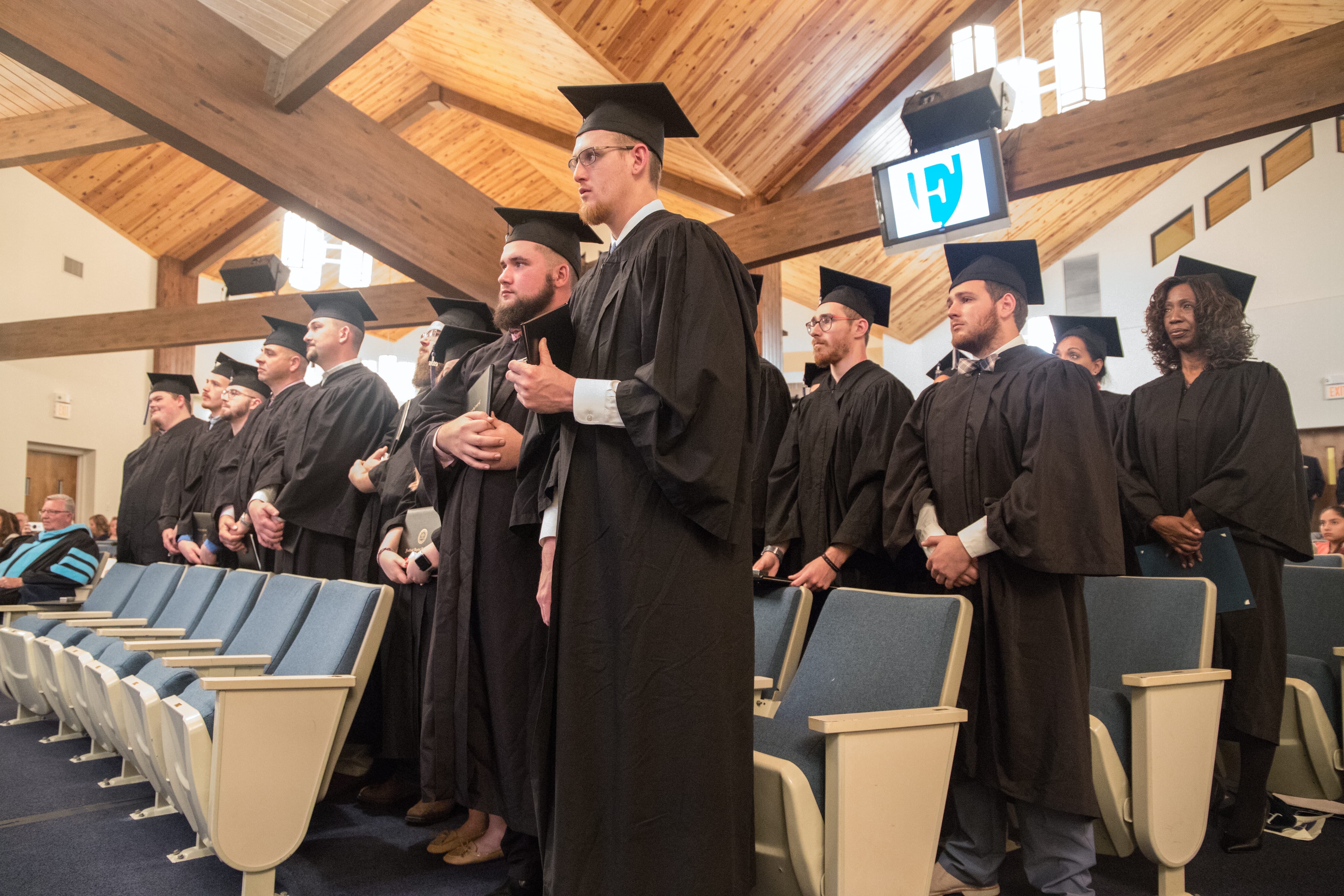JEFFERSON CITY, Mo. – Larry Alex Taunton directs the Fixed Point Foundation, which seeks innovative ways to defend and proclaim the gospel.
Recently, his organization reached out to college-age atheists nationwide in a unique campaign. As Taunton contacted leaders of Secular Student Alliances and Freethought Societies, he had one simple request: Tell us your journey to unbelief.
Taunton did not dispute their stories or debate the merits of their views. He just listened. Many stepped forward – some reluctantly – but ultimately Taunton found patterns emerging from the young atheists’ stories, and he summarized them in a recent article in The Atlantic.
Their stories have common threads:
- The young atheists had attended church. Most participants didn’t begin with a naturalistic worldview but chose atheism as a reaction to Christianity, which they found lifeless, hypocritical or uncompelling for a variety of reasons.
- Their churches promoted vague missions and messages. The students heard plenty of messages on social justice, community involvement and good deeds, but they failed to see a connection between these messages, Jesus and the Bible. They knew intuitively that the church exists for more than social campaigns; it exists to proclaim the teachings of Jesus and His relevance to a sinful and fallen world.
- Their churches fumbled the big questions. When asked what they found unconvincing about the Christian faith, the students mentioned a lack of satisfying answers to such issues as evolution vs. creation, sexuality, Jesus as the only way, and the reliability of the Bible. Not only was the church often ill-equipped to delve into these issues; it lacked the stomach to tackle them at all.
- They respect ministers who take the Bible seriously. The young atheists expressed grudging admiration for pastors and other Christians who embrace biblical teaching and are not ashamed to say so. As atheist illusionist and comedian Penn Jillette famously remarked, “I don’t respect people who don’t proselytize…. If you believe that there’s a heaven and hell … and you think that it’s not really worth telling them this because it would make it socially awkward … how much do you have to hate somebody to believe that everlasting life is possible and not tell them that?”
- Ages 14-17 are key. While some participants said they adopted atheism as early as eight years of age or as late as college, most admitted embracing unbelief in high school.
- Emotions run deep. Most students said they lost their Christianity for purely rational reasons. However, the more they talked, the more they described a deeply emotional journey from belief to atheism. One young woman said she became an atheist after her father died – not because she blamed God for his death but because he was abusive and she did not want to think her father was still alive somewhere.
- Online is everything. When asked about the key influences in their conversion to atheism, not a single participant mentioned the “New Atheists” like Christopher Hitchens, or their books or seminars. Rather, they mentioned YouTube or website forums.
Getting real
There’s much we can do to engage our young atheist friends by listening to them, helping them wrestle with tough questions and providing a connection between Christ and a broken world. But we also must address the doubts and fears of young people in our own churches.
If Christianity is not objectively true, rationally compelling and personally engaging, then why should anyone – young or old – want to embrace it?
Scottish philosopher and skeptic David Hume once was spotted in a crowd listening to the preaching of George Whitefield, the noted evangelist of the First Great Awakening.
Someone said to Hume, “I thought you didn’t believe in the gospel.”
“I do not,” Hume replied. Then, nodding toward Whitefield, he added, “But he does.”
(EDITOR’S NOTE – Rob Phillips is director of communications for the Missouri Baptist Convention with responsibility for leading MBC apologetics ministry in the state. Phillips is on the Web at www.oncedelivered.net. This article first appeared at The Pathway, newsjournal of the Missouri Baptist Convention.)


